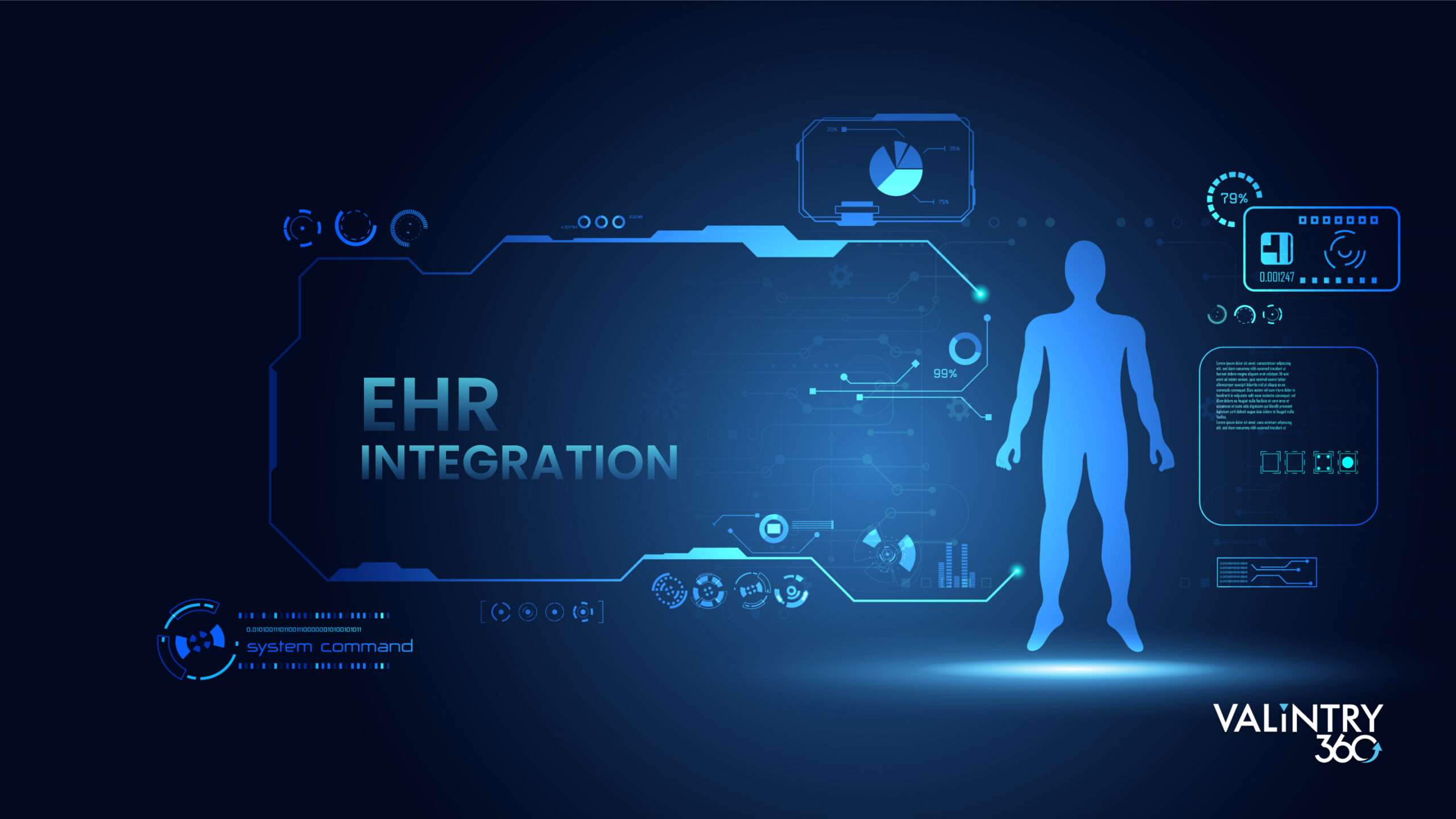
- Salesforce Health Cloud
Electronic Health Records (EHR) play a crucial role in patient data management, ensuring stability. The changing business landscape calls for a transition from manual to technological processes, leading to necessary upgrades. This shift is evident with the introduction of Health Cloud. As healthcare industries adopt Health Cloud for patient management, a common question arises: should existing EHR systems be discarded?
The answer is a clear no! There’s no need to abandon your EHR; instead, enhance it by integrating Salesforce Health Cloud. This blog will guide you through the precise steps for integration. As the industry advances, the demand for seamless integration with cutting-edge solutions becomes apparent. Salesforce Health Cloud stands out as a robust ally, transforming the healthcare sector and promoting a holistic approach to patient care. Thus, try upgrading without discarding your existing EHR, as this integration improves operational efficiency, patient engagement, and communication in healthcare settings.
Table of Content
Understanding the Interoperability of Salesforce Health Cloud

You’ve decided to keep your EHR. Now, let’s see how easily Health Cloud integrates with it. First, let’s understand Salesforce Health Cloud better.
Salesforce Health Cloud is a patient-centric platform revolutionizing care delivery and management. It consolidates patient data from various sources, providing healthcare professionals with a comprehensive understanding of each patient’s journey. Key features, such as advanced care coordination, personalized patient engagement, and real-time collaboration tools, ensure a seamless flow of information, enhancing decision-making and improving patient outcomes.
Integrating Salesforce Health Cloud with existing Electronic Health Record (EHR) systems is crucial in navigating the evolving healthcare landscape. This integration bridges data silos, promoting interoperability and care continuity. We underscore its significance, emphasizing its role in preserving EHR investments while unlocking Salesforce Health Cloud’s innovative potential.
Challenges to Watch Out for During EHR Integration with Health Cloud

Healthcare providers face challenges integrating Electronic Health Records (EHR) when implementing Salesforce Health Cloud for a patient-centric approach. It’s essential to understand and address these challenges for a smooth transition to an advanced healthcare ecosystem.
1. Compatibility Issues and Data Migration Concerns
Ensuring compatibility between current EHR systems and Salesforce Health Cloud poses a significant challenge. When transferring data from traditional EHR platforms to cloud-based solutions, careful consideration is crucial to prevent data loss and maintain accuracy. Challenges may arise due to variations in data formats and structures, necessitating thorough planning and precise execution.
2. Maintaining Data Integrity and Security
In the healthcare industry, maintaining data security and integrity is essential, particularly when integrating Health Cloud. Priorities include securing private patient data throughout the transfer and preserving its integrity following the move. Ensuring the confidentiality and integrity of healthcare data requires the implementation of robust encryption, access restrictions, and compliance procedures.
3. Workflow Disruptions and User Adoption
The integration process may disrupt established workflows, impacting healthcare professionals’ daily routines. Navigating these disruptions requires strategic planning to minimize downtime and ensure a smooth transition. Additionally, fostering user adoption is essential, as healthcare staff may face challenges adapting to the new system. Comprehensive training and support are key in overcoming resistance and facilitating a successful transition.
Implement these Strategies for a Successful Health Cloud- EHR Integration

A. Assessing Compatibility and Mapping Data Structures
Before embarking on the Health Cloud journey, it’s crucial to assess the compatibility of existing systems and carefully map data structures. This step ensures a seamless integration process, preventing data inconsistencies and enhancing interoperability within the healthcare ecosystem.
B. Customization and Tailoring for Specific Healthcare Needs
Healthcare is diverse, and a one-size-fits-all approach doesn’t suffice. Leverage Health Cloud’s customization capabilities to tailor the platform according to specific healthcare needs. This not only enhances user experience but also allows healthcare professionals to work more efficiently, aligning the technology with the unique requirements of your organization.
C. Training and Change Management for Staff Adoption
Successful integration goes beyond technology; it involves people. Implement comprehensive training programs and robust change management strategies to ensure smooth staff adoption. Familiarizing healthcare professionals with Health Cloud’s features and benefits fosters a patient-centric approach, driving positive outcomes in patient care.
Conclusion
Integrating Salesforce Health Cloud with your existing EHR system is a strategic move offering transformative benefits and addressing specific challenges. Key advantages include consolidating patient data from various sources into a unified view and improving patient engagement, and communication. This not only streamlines healthcare operations but also provides a holistic perspective for healthcare professionals. Despite these advantages, challenges may arise during integration, highlighting the need for a carefully planned approach.
Recognizing the importance of a strategic approach to EHR integration with Salesforce Health Cloud is crucial for seamless collaboration between platforms and maximizing benefits without compromising data. This strategic mindset ensures a future-proof healthcare ecosystem, harnessing technology for enhanced patient care and operational efficiency.
Related Posts
- Salesforce Health Cloud
Salesforce Health Cloud vs. Traditional Healthcare IT: Which…
In the evolving realm of healthcare technology, Salesforce Health Cloud and traditional healthcare IT systems are at the forefront of debate among industry experts. Traditional IT systems have long provided stability and familiarity in managing patient records, scheduling, and billing…
- Salesforce Health Cloud
Optimizing Workflow Efficiency with Salesforce Health Cloud
Inefficiencies in healthcare practices, such as fragmented workflows, redundant tasks, and poor communication, impact patient care and increase costs. Addressing these issues requires integrated systems to streamline operations, reduce redundancies, and improve communication. Additionally, staff training and standardized processes promote…
- Salesforce Health Cloud
Salesforce Health Cloud: How to Improve Patient Engagement…
In a rapidly evolving healthcare landscape, patient engagement and outcomes are critical priorities for providers committed to delivering exceptional care. Salesforce Health Cloud emerges as a transformative solution designed to enhance these priorities through advanced technologies and patient-centric approaches. From…

